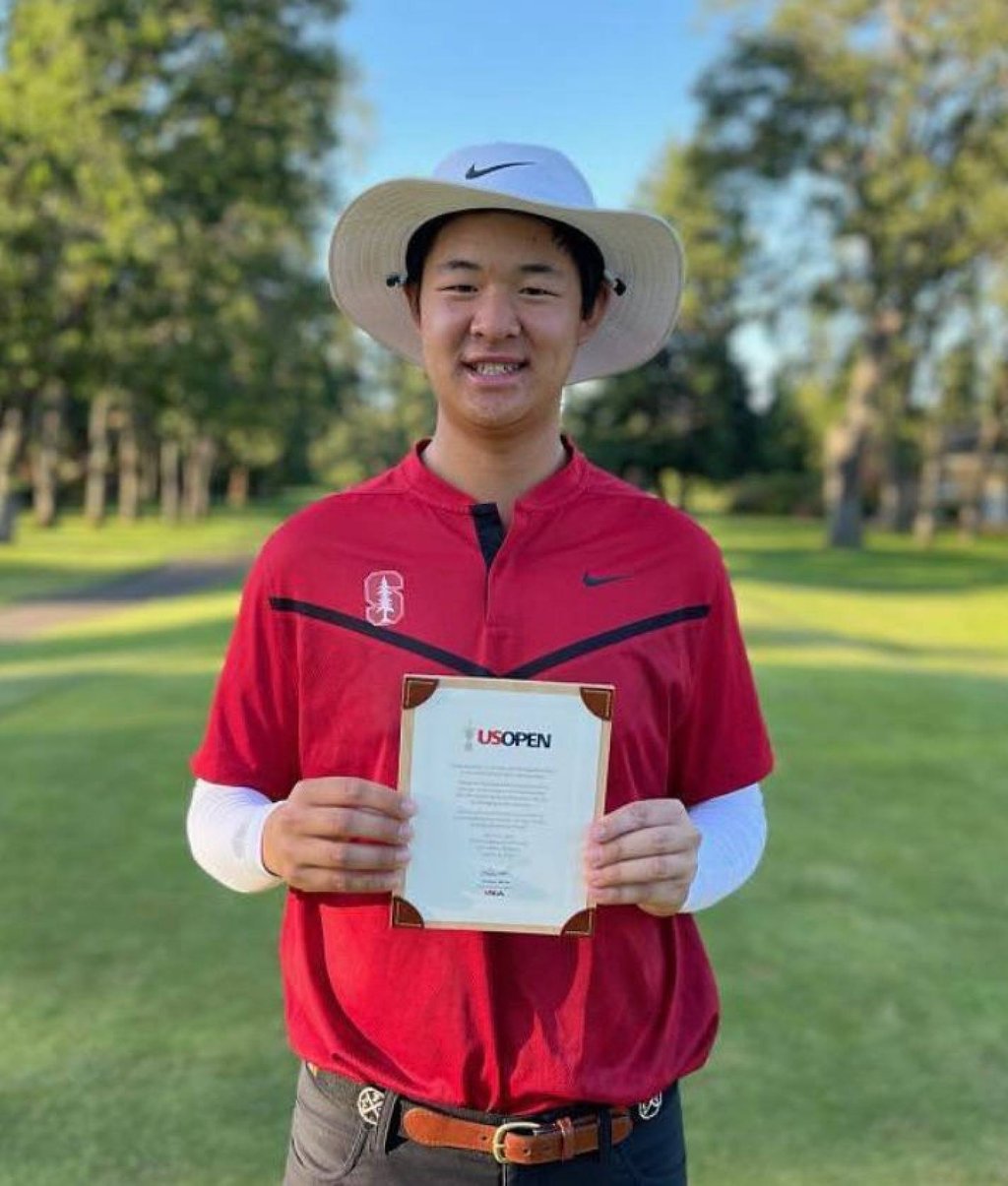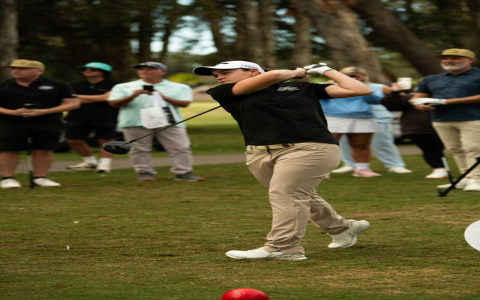Alright, so this whole ‘Alex Yang golf’ thing. Someone brought it up a while back, you know how these names pop up in the golf world. Could be a new teaching pro, a new swing theory, whatever. I’m always a bit curious, but also pretty set in my ways, if I’m honest.
So, I decided to do a little digging. What’s this Alex Yang approach all about? I wasn’t expecting miracles, just maybe a new perspective or a tip I could try. Started off by just searching around, seeing if there were any videos, articles, anything concrete. You know, the usual initial research phase when you hear about something new.
Found a few mentions here and there. Some people seemed to think it was about a particular way to think about course management, others mentioned a specific drill. It was all a bit vague, to be honest. Not like a clear-cut “do this, then that” kind of system. More like whispers and anecdotes.

So, I thought, okay, maybe it’s less of a rigid method and more of a philosophy. I tried to piece together what I thought was the core of “Alex Yang golf” from the scraps I found. Seemed to lean towards a very deliberate, almost over-analytical approach to each shot. Breaking everything down into tiny pieces.
I took that idea to the driving range. For a couple of sessions, I really tried to embody this super-analytical mindset. Before each swing, I’d go through this mental checklist that I imagined Alex Yang himself might use. Grip pressure, ball position, takeaway path, weight shift, impact zone… the works. Man, it was exhausting.
My first few shots were, well, not great. I was so busy thinking, I forgot to just swing the club. Felt like I was trying to perform surgery with a 7-iron. I’d hit one okay, then duff the next three because I was second-guessing my takeaway angle or something equally tiny.
Then I took it to the course. That was an experience. My playing partners probably thought I was having some sort of existential crisis out there. I was slower than usual, muttering to myself, taking practice swings that looked more like geometry lessons.
What I Actually Got Out Of It
After a few rounds of this, I started to notice something. Not that my score was magically dropping, because it wasn’t. If anything, I was a bit more inconsistent. But what I did notice was that I was becoming more aware of the bad habits I already had. By trying to force this “Alex Yang” hyper-awareness, I was shining a spotlight on my own tendencies – the quick takeaway, the slight over-the-top move when I tried to hit it hard.
So, here’s the thing. I didn’t become an “Alex Yang golf” convert. Far from it. I actually found the whole imagined process too mechanical for my liking. It took the fun out of it for me, made it feel like work.
But what I did do, after I ditched the full “Alex Yang mental simulation,” was take that heightened awareness and apply it to my own swing, my own game. I started focusing on one or two of those bad habits that the experiment had revealed. Not by overthinking every single element, but by just being mindful of, say, my tempo.

- I tried to feel a smoother transition.
- I focused on finishing my backswing.
- I reminded myself not to rush.
And you know what? That actually helped. Not because of some magic “Alex Yang” formula, but because the process of trying something different, even if it didn’t stick, forced me to look at my own game with fresh eyes. It’s like when you try to teach someone something, you end up understanding it better yourself.
So, my practical experience with “Alex Yang golf” wasn’t about adopting a new system. It was more about using the idea of a different approach as a tool to reflect on and refine what I was already doing. It was a bit of a roundabout journey, sure, but sometimes those are the ones where you pick up unexpected insights. Didn’t find a magic bullet, but I did find a new way to check my own swing thoughts. And that’s something, I guess.



